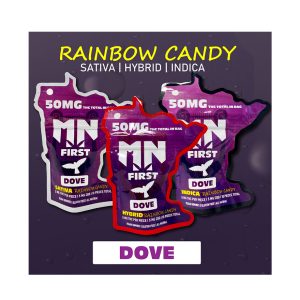End User:
– Ultimate human users of a software product
– Distinguished from users who support or maintain the product
– Used to abstract and distinguish users from developers
– Important in designing the user interface
– Personas created to represent types of users
User Account:
– Allows authentication to a system
– Authentication does not imply authorization
– Operating system uses an identifier for users
– Single-user systems vs. multi-user systems
– Multi-user accounts have home directories
Password Storage:
– Unix systems store user accounts in /etc/passwd
– User passwords in hashed form at /etc/shadow
– Windows manages passwords in Credential Manager
– Passwords located in Windows profile directory
Username Format:
– Different rules for username format in various systems
– Microsoft Windows may use User Principal Name format
– Down-Level Logon Name format also used in Windows
Terminology:
– Some professionals prefer terms like “people” over “users”
– “User” may imply lack of technical expertise
– Power users utilize advanced features
– End-user computing and development are related concepts
See Also:
– 1% rule in Internet culture
– Various terms related to user accounts
– End-user computing and development concepts
– End-user license agreement (EULA)
– Other relevant terms and concepts
A user is a person who utilizes a computer or network service.
A user often has a user account and is identified to the system by a username (or user name).
Some software products provide services to other systems and have no direct end users.






